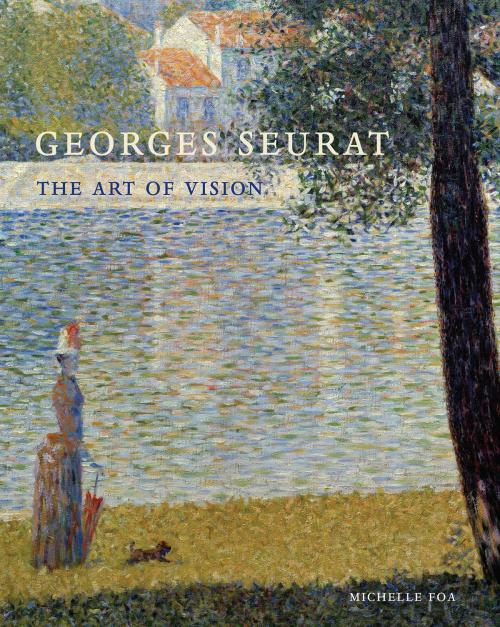Georges Seurat
The Art of Vision
Nonfiction, Art & Architecture, Art History, European, General Art, Individual Artist| Author: | Michelle Foa | ISBN: | 9780300212822 |
| Publisher: | Yale University Press | Publication: | July 14, 2015 |
| Imprint: | Yale University Press | Language: | English |
| Author: | Michelle Foa |
| ISBN: | 9780300212822 |
| Publisher: | Yale University Press |
| Publication: | July 14, 2015 |
| Imprint: | Yale University Press |
| Language: | English |
This revelatory study of Georges Seurat (1859–1891) explores the artist’s profound interest in theories of visual perception and analyzes how they influenced his celebrated seascape, urban, and suburban scenes. While Seurat is known for his innovative use of color theory to develop his pointillist technique, this book is the first to underscore the centrality of diverse ideas about vision to his seascapes, figural paintings, and drawings. Michelle Foa highlights the importance of the scientist Hermann von Helmholtz, whose work on the physiology of vision directly shaped the artist’s approach. Foa contends that Seurat’s body of work constitutes a far-reaching investigation into various modes of visual engagement with the world and into the different states of mind that visual experiences can produce. Foa’s analysis also brings to light Seurat’s sustained exploration of long-standing and new forms of illusionism in art. Beautifully illustrated with more than 140 paintings and drawings, this book serves as an essential reference on Seurat.
This revelatory study of Georges Seurat (1859–1891) explores the artist’s profound interest in theories of visual perception and analyzes how they influenced his celebrated seascape, urban, and suburban scenes. While Seurat is known for his innovative use of color theory to develop his pointillist technique, this book is the first to underscore the centrality of diverse ideas about vision to his seascapes, figural paintings, and drawings. Michelle Foa highlights the importance of the scientist Hermann von Helmholtz, whose work on the physiology of vision directly shaped the artist’s approach. Foa contends that Seurat’s body of work constitutes a far-reaching investigation into various modes of visual engagement with the world and into the different states of mind that visual experiences can produce. Foa’s analysis also brings to light Seurat’s sustained exploration of long-standing and new forms of illusionism in art. Beautifully illustrated with more than 140 paintings and drawings, this book serves as an essential reference on Seurat.















